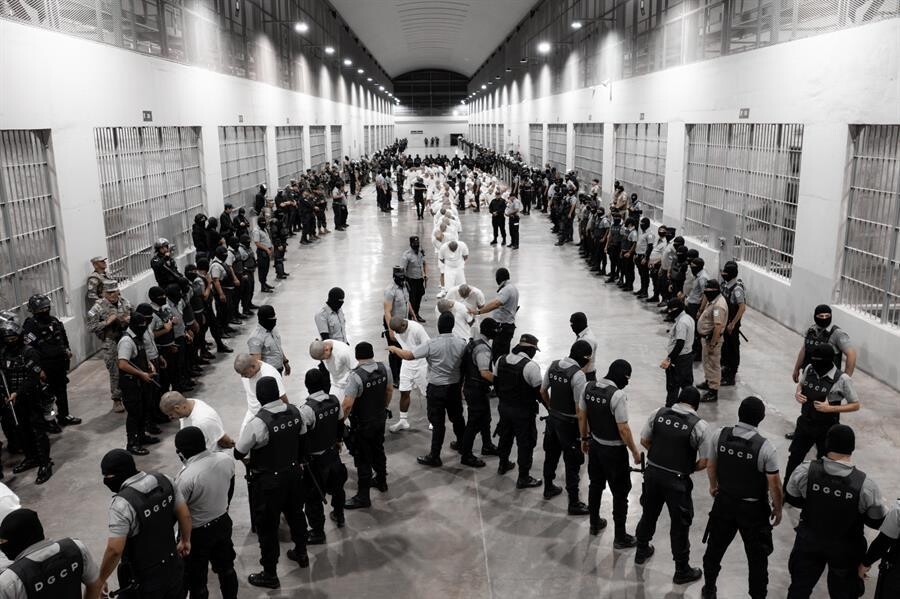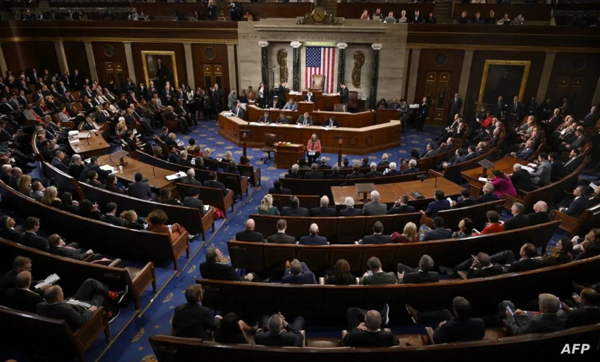
The United States government is trying to expel more Venezuelan migrants to El Salvador, according to the American Civil Liberties Union (ACLU). The ACLU has filed several emergency petitions, including one directed to the U.S. Supreme Court, to prevent the transfer of South Americans.
In the lawsuits, the ACLU asks the courts to intervene to prevent migrants detained in a center for migrants in Texas from being expelled from the country under the Foreign Enemies Act of 1798, which has been used in wartime. The organization argues that the government is ignoring a Supreme Court decision by seeking to expel migrants without notifying their lawyers or giving them a chance to be heard.
During an emergency hearing, a lawyer from the Department of Justice assured that the government has not scheduled expulsion flights to El Salvador from the center in Anson (Texas) for the coming days. However, according to information provided by relatives of the detainees, the government is looking to send migrants to the Central American country.
The migrants are being accused by officials of Immigration and Customs Enforcement of being part of the transnational criminal gang Tren de Aragua, which originated in a prison in Venezuela. They were handed documents in English for them to sign and accept their expulsion. The ACLU considers urgent intervention necessary to prevent irreparable and permanent harm to the plaintiffs, as indicated in the petition to the Supreme Court.
On the other hand, in a particular case, Kilmar Ábrego García, a Salvadoran migrant with legal status in the United States, was transferred to another jail in El Salvador after spending several weeks detained in the maximum-security prison known as Cecot. U.S. Senator Chris Van Hollen met with Ábrego and denounced that the government was lying about his case and violating the Constitution.
Ábrego was moved to another prison in Santa Ana, where he still cannot communicate with the outside world and is traumatized by his experience in the mega-prison. He has been imprisoned without a clear explanation from Salvadoran authorities and has not been able to speak with his wife and children, American citizens. Van Hollen criticized the Trump administration for ignoring the Supreme Court and not facilitating Ábrego's return.
This case has generated controversy amid the expulsions of migrants to El Salvador, where they are accused of having gang ties, despite having no criminal records in the United States. Investigations show that the majority of expelled migrants have no criminal history. Amid these controversies, the U.S. government has promoted a media campaign to link Ábrego with the MS-13 gang, despite having no criminal record in the U.S.














